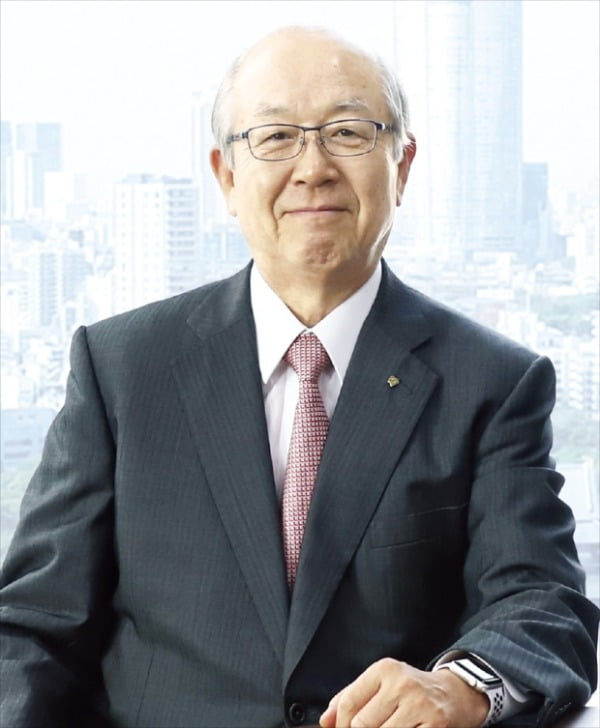
South Korea: The number of reshoring companies is small Cause: Only 5% of US and Japan
Korean domestic U-turn companies:
Since 2014, a survey found that South Korea’s number of resoring companies is less than 5% in the United States and Japan.
Compared to major countries that have many policies that are favorable to companies, there is an analysis that “the business environment of Korean companies is deteriorating.”
What is a “reshoreing company”?
A company that has expanded overseas, but withdrew or reduced its business establishment, returned to its home country, and resumed its business.
Korea Institute of International Trade and Trade:
The “Law for Supporting the Return of Overseas Companies to Korea” (Reshorering Law) has been fully enforced.
However, from 2014 to last year, only 88 Korean companies have returned to Korea.
The only large company is Hyundai Mobis, which moved its parts factory in China to Ulsan.
Comparing the number of overseas / reshoring companies:
Number of US Reshorering companies
Based on 2014-18, 2411 companies,
Number of Japanese Reshorering companies
Based on 2014-18, 3339 companies,
Both countries
With tax incentives and deregulation
Increasing the number of reshoring companies, etc.
We are developing a reshoring policy.
It is analyzed that the number of resoring companies in the last two years has increased further.
The reason why the number of Korean retailing companies is small:
The domestic market is small,
Export-dependent profit structure,
Network with local companies, etc.
There is no choice but to choose overseas expansion.
Low productivity for labor costs,
High rent / tax,
Strong labor unions and various environmental and labor regulations
The above makes the choice of domestic reshoring difficult.
Korea Economic Research Institute
Kim Young Chun:
He explained that it would be difficult to increase the number of resoring companies without giving exceptional incentives and creating a good business environment.
Korean Chamber of Commerce:
Last year, we asked 308 Korean manufacturing companies about their intention to return to Japan.
94.4% answered that they had no plans.
SME Central Association:
Conducted a questionnaire targeting 200 small and medium-sized enterprises that have local subsidiaries in China and Vietnam.
92% said they had no reshoreing plans.
The reason is
Domestic production cost is high, but it accounts for 63.1%.
Accessibility to the local domestic market (25%),
Relationship with local prime contractor (23%),
Working environment, various domestic regulations (9.9%),
Joongang Ilbo
https://s.japanese.joins.com/JArticle/276527?sectcode=300&servcode=300
Korean manufacturing industry, not interested in “reshoreing” (Korea) | –JETRO
https://www.jetro.go.jp/biznews/2020/07/3928faa8c1a0666f.html
Iris Ohyama: “This is Korea’s biggest weakness”: Chairman Kentaro Oyama
Iris Oyama:
Chairman Kentaro Oyama has been named “the most notable businessman in Japan” since the new Corona.
Iris Ohyama has made a great contribution to solving the shortage of masks in Japan.
Government of Japan’s Reshorering Policy:
Reshoreing policy ・ Iris Ohyama was selected as the first company.
The production facility in China has been moved to Japan to produce 150 million masks a month.
Interview with Korea Economic Newspaper:
Chairman Oyama recently responded to an online interview with the Korean Economic Newspaper.
Chairman Oyama is a third-generation Korean resident in Japan.
He had a good grasp of the situation in South Korea, “from the birth rate statistics of South Korea to the entrance examination war and the difficulty of finding a job.”
-How do you evaluate South Korea’s supply chain restructuring policy?
Importance of creating and nurturing domestic market:
If the domestic market is not fostered, there is no point in returning the overseas factories of Korean companies to South Korea.
Products made by Korean companies at Vietnam factories are imported from Vietnam by their home country, South Korea.
Korean companies create added value for products imported from Vietnam,
And it is important for the Korean government to give incentives.
By making a U-turn in Korea, it is possible to create supply and demand in Korea and increase employment.
But now:
Most of South Korea’s overseas companies
Products produced in China and Southeast Asia
Simply export to the US or Europe
Korean companies and governments have no idea.
Joongang Ilbo
https://s.japanese.joins.com/JArticle/276534?sectcode=300&servcode=300